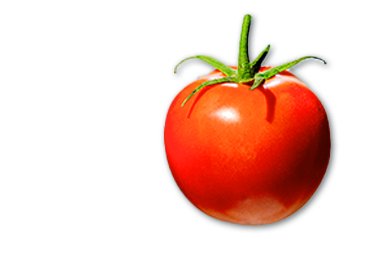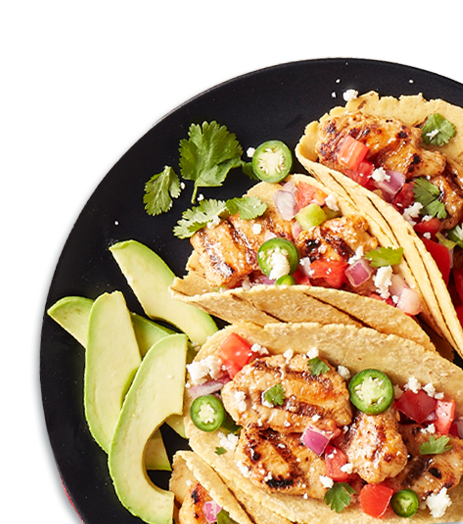CHICKEN EMERGENCY?
CHAT ME UP.
Head to the bottom right of your screen to click our chickenbot icon and find your next recipe with Sandy.
SEARCH BY INGREDIENT
OUR RECIPE FINDER + YOUR INGREDIENTS = YOUR NEXT DELICIOUS DINNER DISH.
Search Now
